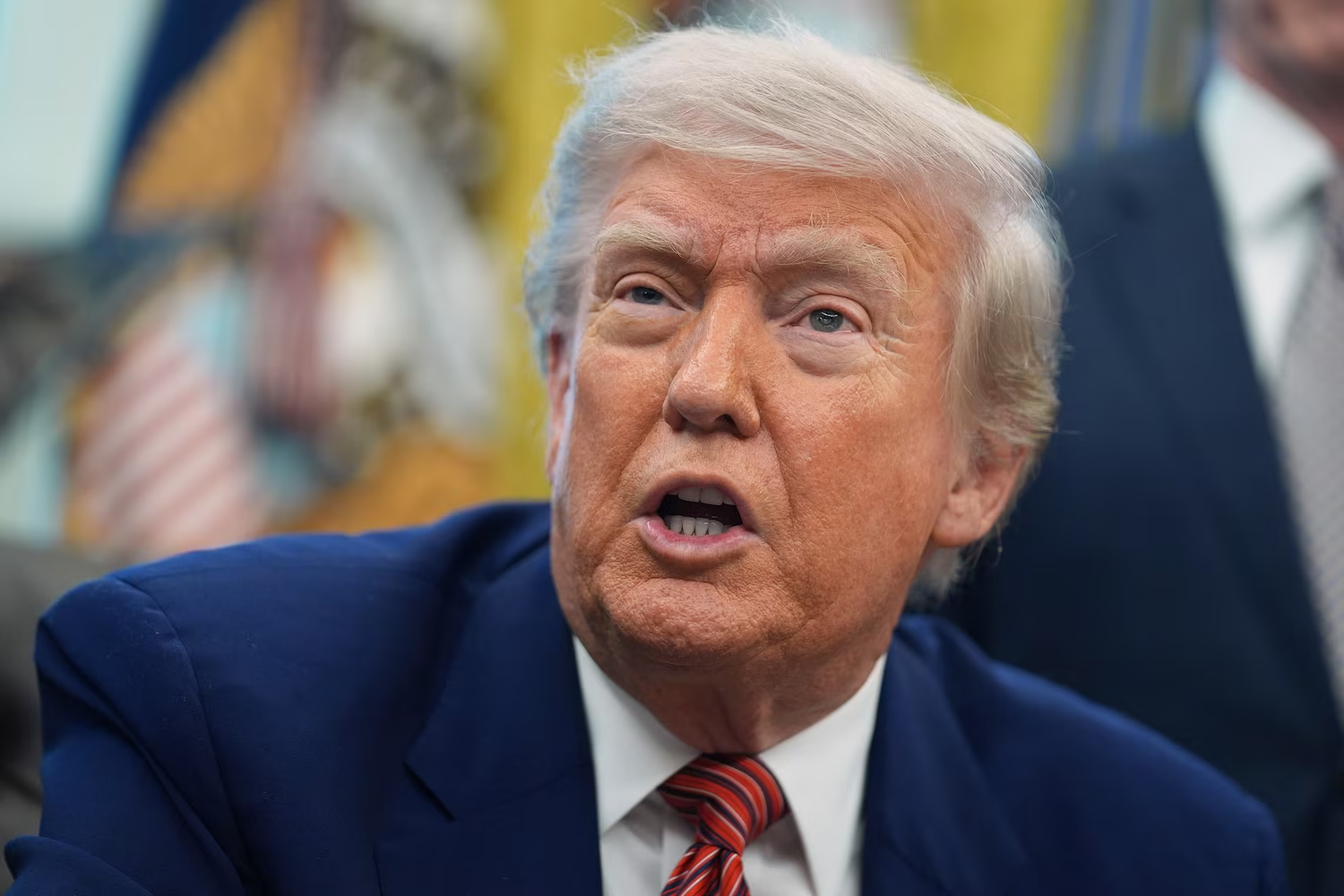Trade tensions between the United States and China escalated once again as former President Donald Trump accused China of violating a recent trade agreement. In a statement made via social media, Trump declared that China “has completely violated its agreement with us,” signaling a dramatic shift in the diplomatic tone that had previously raised hopes of de-escalation in the ongoing trade dispute.
Urgent Search Underway for Missing Eric Chrivia at Iargo Springs: Rescue Teams Mobilized
Markets React to Uncertainty
Trump’s broad and unspecific allegations left markets and analysts grasping for clarity, as he provided no details regarding the nature of the alleged violations. The lack of transparency intensified investor concerns, prompting a dip in U.S. stock futures amid fears of renewed tariffs, disrupted supply chains, and broader economic fallout.
This reaction underscores how sensitive markets remain to the state of U.S.-China relations—a key axis in global trade and economic stability.
Recent Progress Now in Jeopardy
These accusations come just weeks after both nations reached a tentative trade agreement, which included provisions on intellectual property protection, technology transfer, and agricultural purchases. The deal was seen as a fragile but meaningful step toward easing the long-standing trade war.
However, Trump’s claims now cast doubt on the durability of that agreement. His administration has consistently expressed skepticism about China’s compliance with trade commitments, citing long-term issues such as intellectual property theft and lack of enforcement.
China Yet to Respond
As of Friday, the Chinese government had not officially responded to Trump’s allegations. Historically, Beijing has denied accusations of trade violations, asserting its commitment to fair negotiation and mutual respect. Any forthcoming response from China will be closely scrutinized by global markets and diplomatic observers alike.
Diplomatic Complexity Without Clarity
Trade agreements between the U.S. and China are multi-layered, covering a wide array of sectors and regulatory frameworks. Without specific allegations, analysts are left to speculate about which provisions may have been breached. This lack of clarity complicates efforts to resolve the issue diplomatically and raises the potential for further economic discord.
Broader Implications for Global Economy
Experts warn that deteriorating trade relations could reverberate far beyond U.S. and Chinese borders. The previous trade war disrupted multiple global industries, from agriculture and technology to manufacturing and retail. A renewed conflict could stall global economic growth, heighten inflationary pressures, and undermine supply chain stability worldwide.
Divided Opinions in Washington
In Washington, reactions remain mixed. Some lawmakers advocate for a tough stance to ensure China adheres to fair trade standards. Others call for measured diplomacy to avoid triggering another cycle of retaliatory tariffs and economic strain.
Trump has long used tariffs as leverage in trade negotiations, arguing that they protect American industries. Critics counter that such measures often backfire, harming U.S. consumers and businesses through higher costs and market uncertainty.
Next Steps Remain Unclear
The coming weeks will be crucial in determining the trajectory of this escalating trade dispute. The Trump team is expected to assess options that may include reinstating tariffs or enforcing new trade penalties, depending on China’s response and willingness to address the alleged violations.
Industries closely tied to international trade—particularly those with deep connections to Chinese suppliers—are bracing for more turbulence. Many businesses face difficult choices about production planning, investment, and employment under the weight of ongoing unpredictability.
Conclusion: A Fragile Trade Relationship at Risk
President Trump’s renewed accusations against China mark a significant turning point in one of the world’s most impactful bilateral trade relationships. The absence of concrete details only amplifies uncertainty, putting investors, businesses, and diplomats on high alert.
As the situation unfolds, the future of U.S.-China trade will hinge on the ability of both nations to engage in transparent, stable, and constructive dialogue. With the global economy watching closely, the stakes couldn’t be higher.

